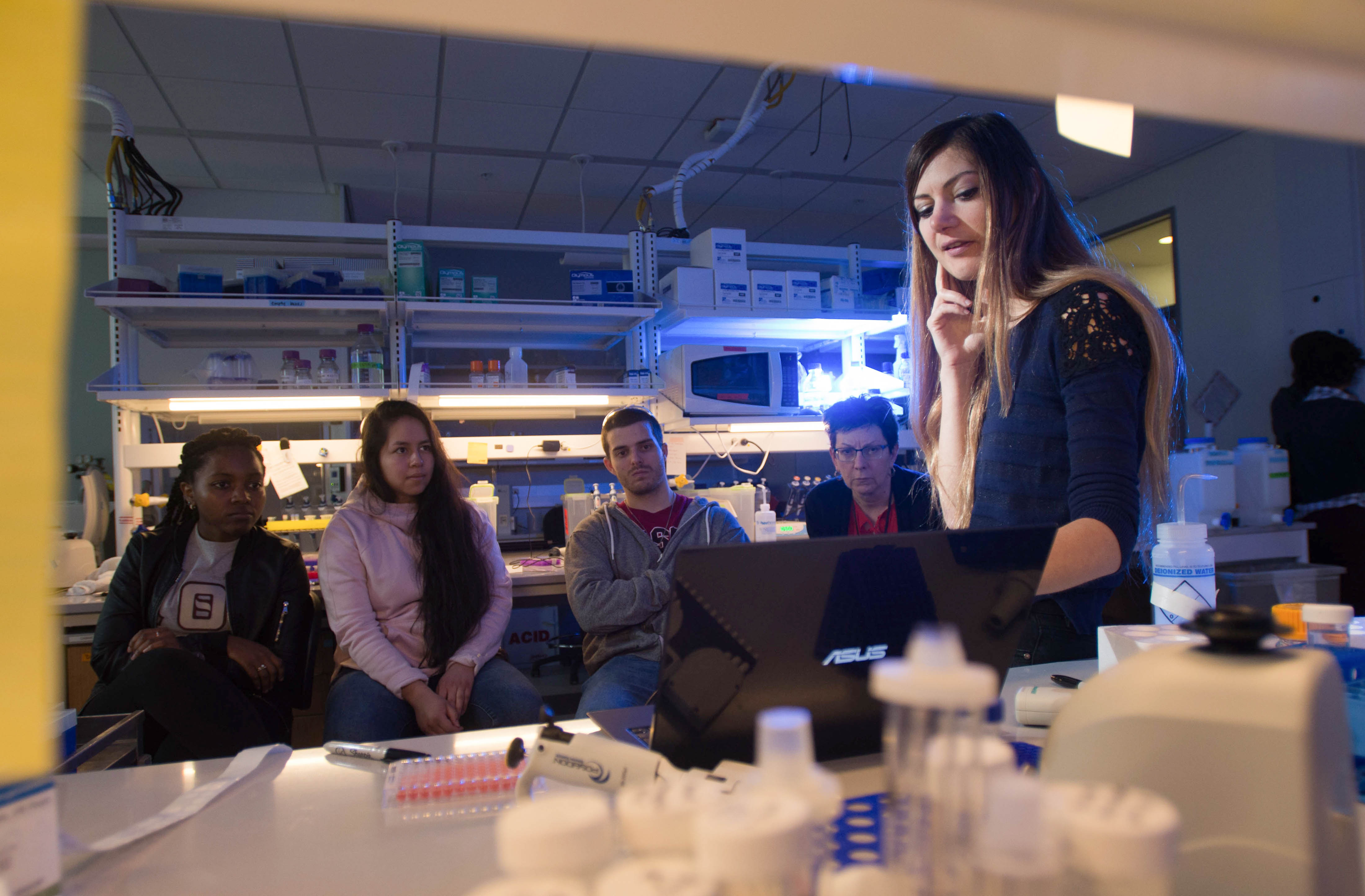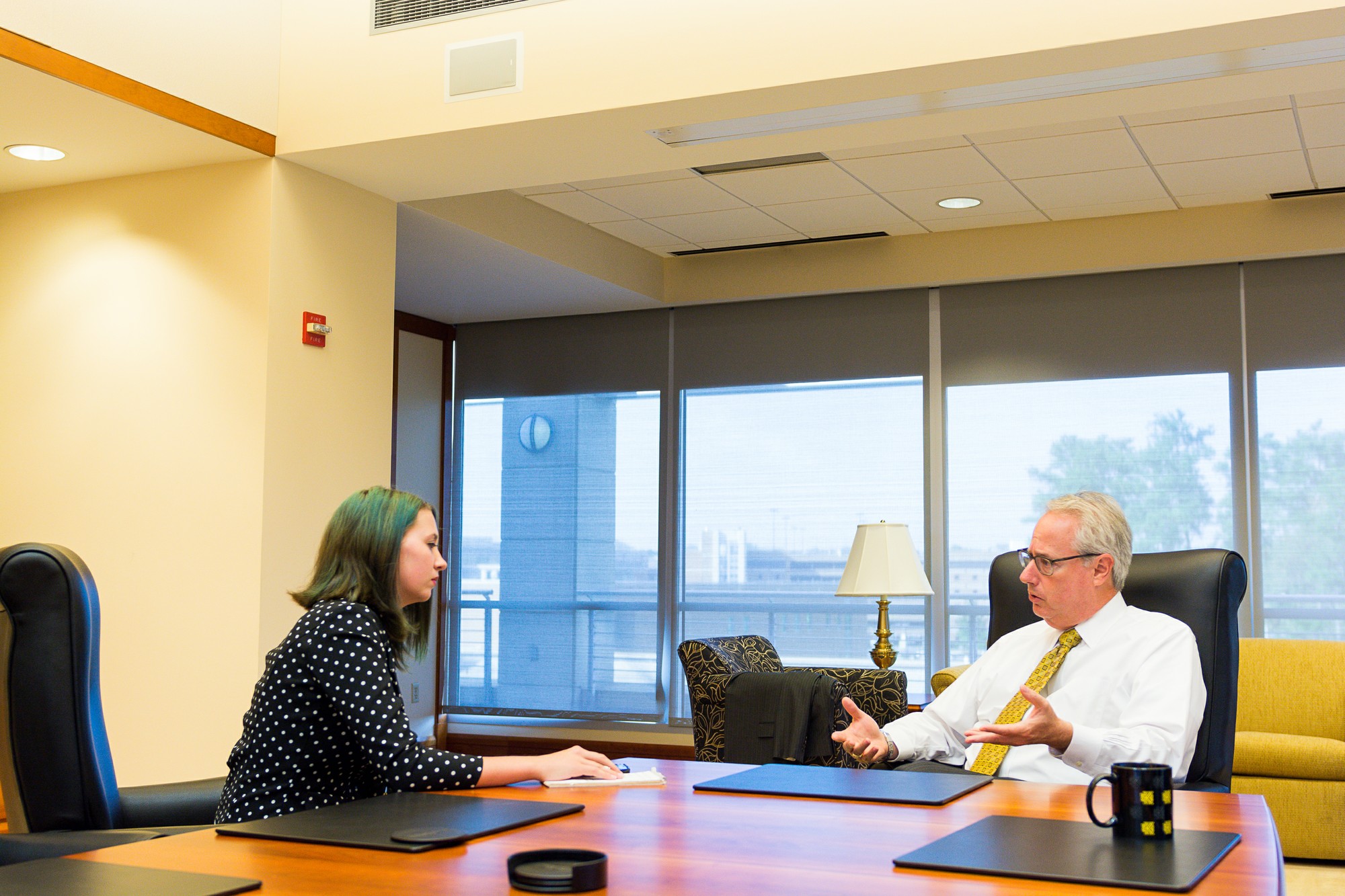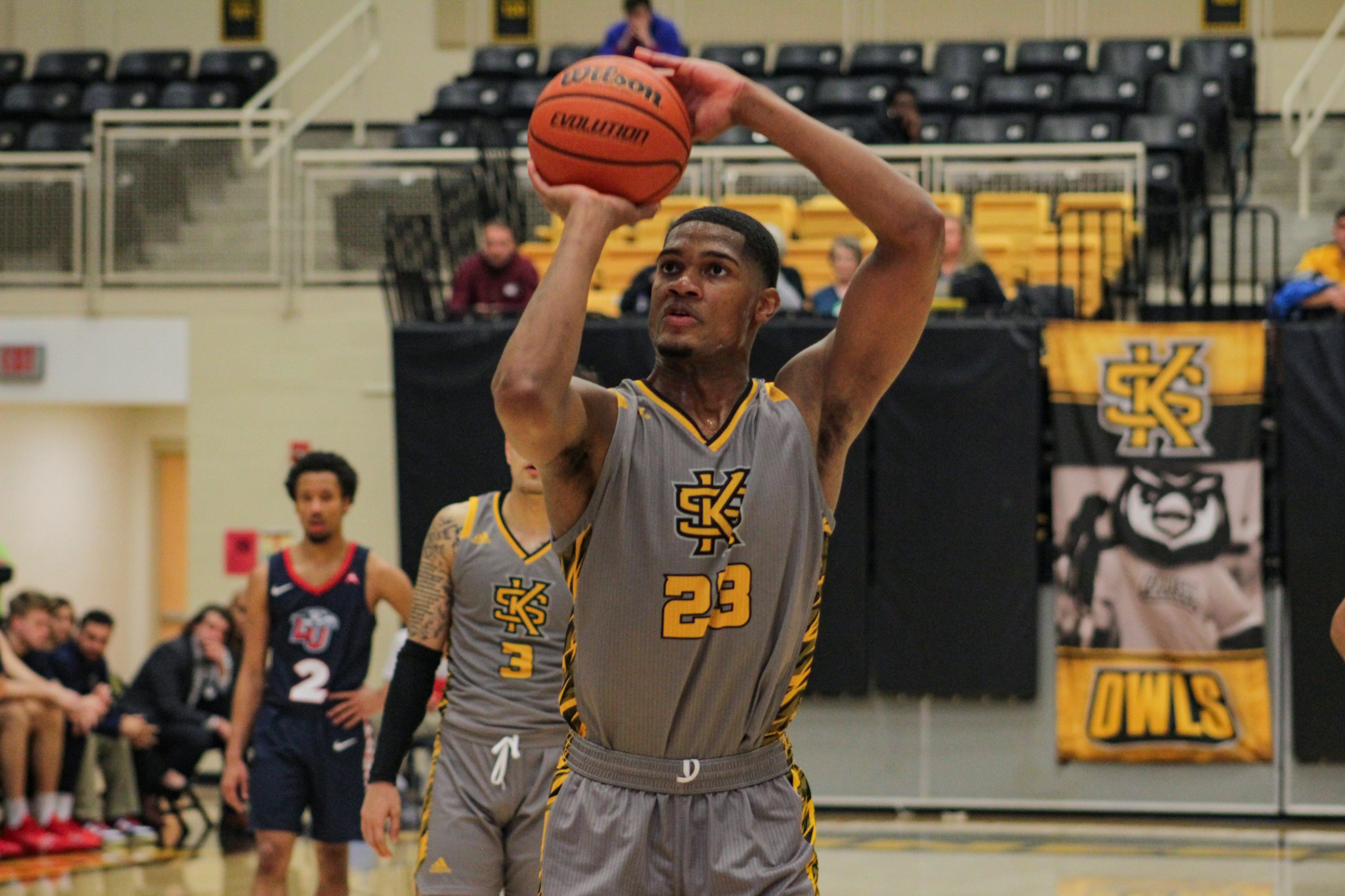Kennesaw State University and the University of Grenoble in France created the Emerging Strategic Partnerships grant to allow international biology graduate students to work in labs on KSU’s campus.
Biology Professor Dr. Susan M.E. Smith said that the new grant will conclude after Annelise Vermot, a student from the University of Grenoble’s Institute of Structural Biology, receives her Ph.D. through the program.
Over the course of three years, Vermot has worked in KSU research labs as a student under Smith. Smith said that Vermot, as well as researchers Franck Fieschi and Marie Jose Stasia with the University of Grenoble, have conducted research on the NADPH Oxidase enzyme, a membrane-bound enzyme complex, in the past, allowing KSU to apply for the grant.
Smith also said KSU’s second application was accepted in 2016 when Vermot was selected to conduct research with the two universities.
Smith said that Vermot was exposed to only a small number of students while at KSU. Five students worked in the same lab under Smith, but Smith hopes to see more students join if similar research grants are received in the future.
“Annelise was my student, so that was a nice connection,” Smith said. “Undergrads can see a Ph.D. student and see what it’s like. Plus, knowing someone from another country is really valuable.”
Smith hopes the work with the University of Grenoble opens doors at KSU for other collaborative research projects, both international and domestic.
“I bring KSU logo stuff to wear in Grenoble and at conferences,” Smith said. “I hope I’m bringing visibility to KSU as a place of respectability.”
Smith also said that KSU could foster a similar strategic partnership grant.
“It doesn’t even have to be international, or it could be with Mexico or Canada,” Smith said. “But I’d like to do it like the University of Grenoble, by finding people who work together productively. I’d really like to see KSU develop more high-quality relationships with other partners.”
KSU’s Department of Molecular and Cellular Biology is dedicated to understanding cellular interactions and aims to position students as the next generation of scientists, health professionals, science educators and enlightened citizens while promoting faculty and staff success.



